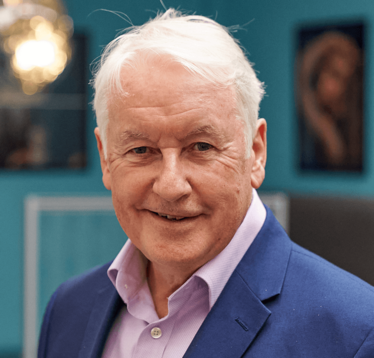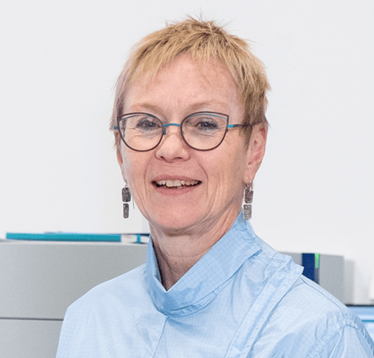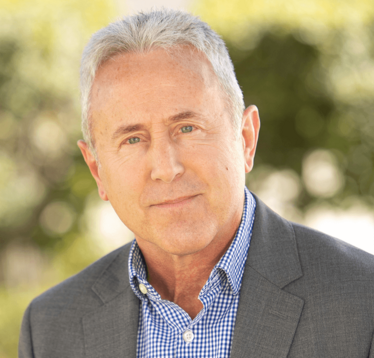Power List Perspectives: Challenges Facing Cell and Gene Therapy
Leading pharma industry experts discuss the most pertinent challenges facing cell and gene therapy
Cell and gene therapies are an increasingly proven therapeutic frontier – and look set to playing a pivotal role in the future of personalized and precision medicine. To date, more than 25 cell and gene therapies are licensed for use in the US alone, but – as with any evolving innovative approach – researchers and developers face multidimensional hurdles on the road to approval.
The Medicine Maker Power List 2023 showcases inspirational individuals across the pharma industry – including those from the cell and gene arena. We asked our Power Listers about the most significant challenges standing in the way of progress in the advanced medicine space.

David Backer
CEO, Curate Biosciences
“The use of the technology – and, more importantly, the manufacturing limitations on scale and cost – have relegated cell and gene therapies primarily to diseases that are rare, ultra-rare, or use the body’s own immune cells to fight cancer. These are incredible – but fairly localized – successes, and we are still a long way from having cell and gene therapies that are a standard part of therapeutic regimens.”

Alan Boyd
CEO, Boyds
“The biggest challenge affecting the field of gene therapy is the manufacturing of the product… When I begin working with a client on advanced therapy, I tell them from the start that they will have issues with their potency assay and other aspects of the product, such as purity. The client must prepare for this eventuality – and bring in the right skills to help.”

Tirtha Chakraborty
Chief Scientific Officer, Vor Biopharma
“The issue is ugly science – frequently practiced by our industry. This industry has become so much about the bottom line that we do not appreciate the culture of doing it right. The reward is for getting to the finish line, so most of the bottom line focus is understandable when it comes from the investor community. But the R&D leadership and the management of biotech companies must hold their own, and message their concerns and visions appropriately to the broader community.”

Queenie Jang
CEO, International Society for Cell and Gene Therapy
“Workforce development continues to be one of the most significant challenges facing the cell and gene therapy sector. The field has seen exponential growth, which has outpaced the rate at which new professionals enter. On a positive note, we’re seeing many newcomers enter the field, but we still have a long way to go to bridge the gap at mid-to-senior levels.”

Catherine Jomary
ATMP Lead, IPS-Integrated Project-Services
“The biggest challenges for these new genome editing therapeutics are the specificity of delivery, control of their activity, detection of potential off-target mutations, and their inherent immunogenicity. The goal of an efficient gene editing therapy is to show perfect specificity for the target sequence without mutations introduced to any other region of the genome. Unfortunately, the existing genome editors’ systems rarely achieve such a high standard.”

Sheila Mikhail
Co-founder, Asklepios BioPharmaceutical (AskBio)
“Like most of the biotech industry, cell and gene therapy companies are facing an investor funding shortage and difficult stock market conditions. Gene therapy continues to work on issues pertaining to the management of the immune system, such as redosing and durability issues. The field continues to make advances to enable more streamlined and cost-efficient manufacturing solutions.”

Dirk Nagorsen
Chief Medical Officer, Affini-T Therapeutics
“There are those general challenges with cell therapy approaches for conditions beyond blood cancers, notably finding ways to develop strategies that improve T-cell persistence and durability. Fortunately, we are seeing approaches that aim to address these challenges by leveraging advancements made in computational biology, cellular engineering, gene editing, synthetic biology, and more to enhance T-cell fitness and promote a durable response.”

Angela Osborne
CEO, eXmoor Pharma
“It is now well recognized that the biggest challenges of the field are in CMC and in manufacturing in particular. You have to be able to make the products at scale and at a reasonable cost for the cell and gene therapy industry to become as large as the biologics industry is today.”

Victor Vinci
VP, Global Product Development, Cell, Gene and Protein therapies, Catalent
“Science is moving so fast with respect to technology innovation and new applications that it creates challenges in establishing the tools to develop, manufacture, and scale up these therapies for clinical trials and potential commercial launch.”
Associate Editor, The Medicine Maker



















